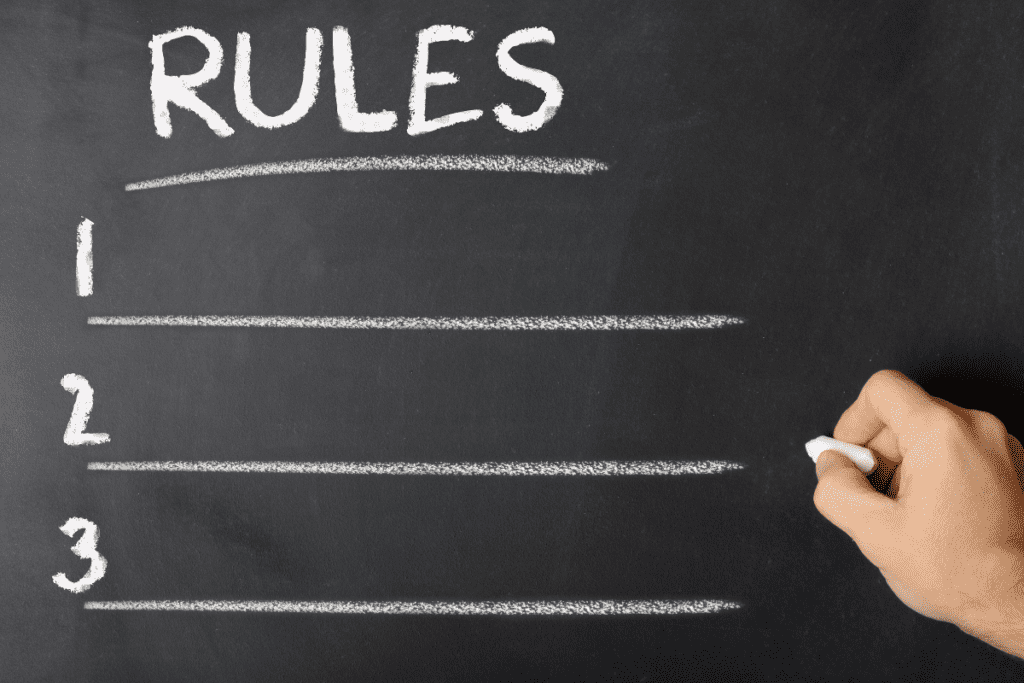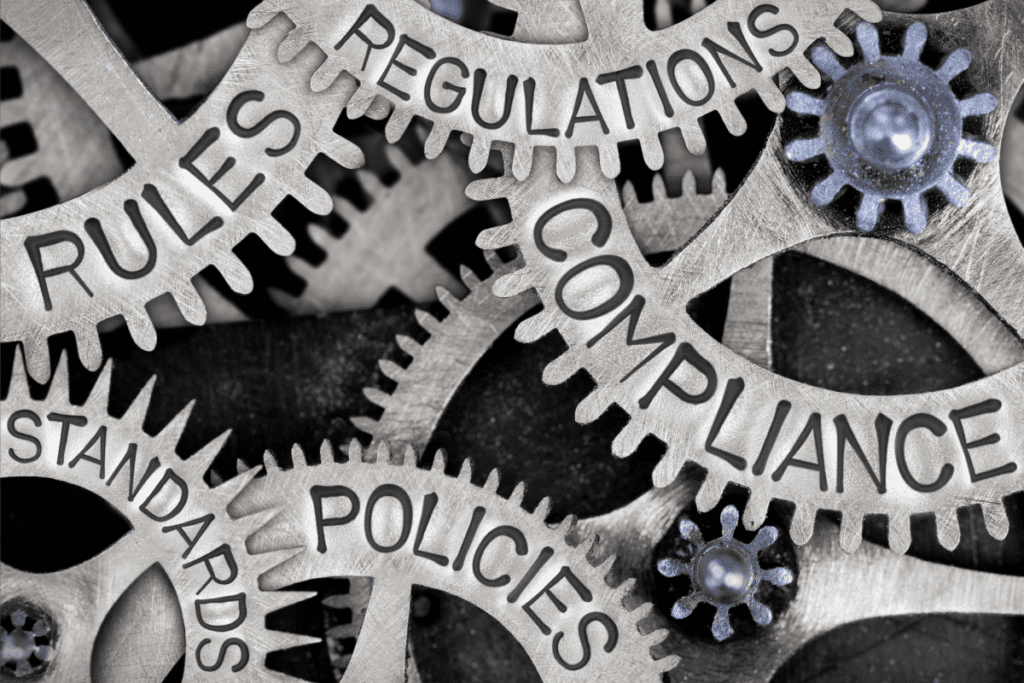Contents
Homeowners who live within an HOA are bound by a certain set of rules and regulations. These rules and regulations are summarized in the Association’s governing documents, which can include CC&Rs as well as other assorted rules. Generally speaking, the rules of the HOA are intended to preserve property values, often by ensuring some level of uniformity between properties; and, to facilitate a sense of community among residents.
Ideally, the rules will be so unburdensome and so common-sense that homeowners will be more than happy to comply. Sooner or later, though, community associations always face a problem with homeowners who simply won’t follow the guidelines. When homeowners reject the community rules, it places Board members in a bind: How can they enforce the rules and regulations of the HOA fairly and consistently across the community?
Whose Job is it to Enforce the Rules?
First and foremost, it’s important to stress that enforcement of the HOA rules is indeed a job for the Association’s Board of Directors. In fact, enforcing rules fairly and uniformly is one of the primary Board responsibilities.
Both under-enforcing and over-enforcing the rules can have corrosive effects on your community, so prudence and wisdom are essential. For Boards that are tired of being deep in the weeds of rules enforcement, it may be best to hire an HOA management company that can help.
6 Tips for Uniform Enforcement of the Rules
With that said, there are also some tips that the Board can use as it seeks to be fair and consistent in its enforcement of the rules.

1) Start with a warning.
There’s no need to jump to worst-case scenarios, nor to the most extreme solutions. Often, a rule violation will be totally unintentional. Property owners can simply forget about one of the Association’s rules, or lack clarity on exactly what the rules mean. So, you can often arrive at a perfectly amicable resolution simply by sending out a friendly notice to the offender.
Make sure your warning is in writing, and that it’s specific about the nature of the violation. Refer to the governing documents where the homeowner can refresh their memory regarding the rule in question.
More often than not, this warning will be more than sufficient for fixing the problem. After all, most homeowners don’t wish to be in any kind of tension with the HOA Board. On the off chance that the problem persists, however, you may need to move on to other means of rule enforcement.
2) Levy fines for violations.
The next step is usually to levy a fine. You’ll need to consult with the governing documents to ensure this is allowed, and also to get a sense of how much you should fine the offending homeowner. Choosing the right fine amount is important. You want it to be proportional, but not so small that the homeowner thinks nothing of it and just moves on with their violations.
Frankly, most homeowners tend to back down as soon as there is money involved. Nobody likes getting fined for their infractions, so this is usually sufficient for deterring future violations.
Although fines are the most common of all HOA penalties, there can be some complications. If a homeowner refuses to pay their fine, that’s a further violation… which can mean additional, compounding fines. This situation can quickly spiral out of hand, and the Board may decide that it’s time to take legal action against the homeowner who is in violation.
3) Suspend the homeowner’s rights and privileges.
Something else the Board might try is suspending the rights and privileges of the homeowner in question. Keep in mind that paying dues and abiding by the rules of the HOA entitle the homeowner to certain amenities, including use of the community pool, tennis courts, clubhouse, and more. If homeowners will not comply with the rules, then community associations have the right to restrict access to those amenities.
In addition, your community association may revoke a homeowner’s right to vote in HOA elections or referendums. Often, revoking rights and privileges will help to finally bring the homeowner into compliance. However, it’s important to consult with your state and local laws to verify that your HOA can take these steps. Your management team or HOA attorney can provide specific insights and recommendations.
4) Consider a lien.
There’s another way in which your HOA can take legal action against a homeowner who won’t follow the rules. If the violation notice and suspension of privileges don’t work, you may then need to move to a lien.
While this very serious step can sometimes prove fruitful, you should be aware that it just as often leads to lawsuits or other legal complications for the Association. And of course, even going as far as to place a lien doesn’t guarantee that the homeowner will begin complying with the rules. As a general guideline, we tend to recommend liens only for delinquent payments.
5) Make sure you have a standard procedure.
As a more general tip, we do think it’s important for HOAs to have standard procedures for dealing with rules violations. Start by checking with your governing documents, which should provide some insight into how best to deal with violations. Then, make sure the members of the Board are on the same page about who will handle violations, when, and how.
Having standard procedures, and not deviating from them, helps you avoid selective enforcement, which is really just a fancy way of saying that it helps you avoid the appearance of favoritism.

What is Selective Enforcement?
We mentioned the concept of selective enforcement, but it’s really worth diving into this topic in a bit more detail.
When we talk about selective enforcement, exactly what are we referencing? Basically, this term denotes bias and favoritism, either toward specific homeowners (e.g., enforcing the rules for some people, but looking the other way when a different homeowner makes the same offense) or specific rules (e.g., enforcing the rules you care about but ignoring the ones you feel less passionately about).
Simply put, being selective about how you enforce the rules is a quick way to lose your credibility as a Board. It can also cause community relations to sour. And perhaps most importantly, it’s a recipe for legal disaster.
The bottom line? You need to be sure your enforcement policy covers the entire community in a way that is fair, uniform, and unbiased. With any questions about how to do this, reach out to your management company directly.
Follow Proper Procedures for Rules Enforcement
The HOA Board has a crucial responsibility to enforce rules, whether they’re rules about appropriate paint color or bringing guests to the HOA fitness center.
If your current Board has any questions about how to enforce the rules effectively, we recommend reaching out to your community manager. A professional manager should be more than happy to provide your current Board with some direction.
If you’re looking for an experienced management team in Charlotte, NC or in Myrtle Beach, SC, we invite you to contact Kuester Management Group. We’d love to help you enforce the rules, run effective Board meetings, conduct elections, and more. Reach out to us whenever you’d like to chat.

